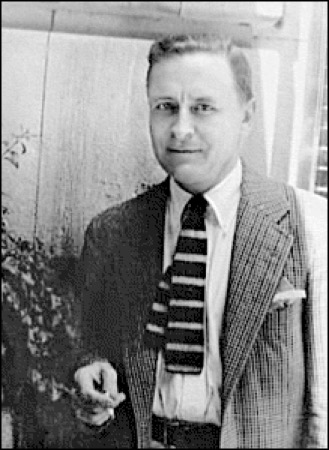Literary Critique - Winter Dreams
March/25/2016 03:53 PM Filed: Literary Critiques

Photo Credit: Carl Van Vechten
(Wikimedia Commons)
F. Scott Fitzgerald and Dreams Unfulfilled
Fitzgerald’s “Winter Dreams” is the story of Dexter Green, a man unfulfilled. In the end he is faced with the reality that Judy Jones, his beautiful childhood sweetheart, has married someone else and “faded” into sedate, middle-class oblivion. He grieves not only for his youth and the exuberance of love, but for his inability to make decisions and pursue opportunities at the appropriate time. He denies emotion and professes immunity to grief, but this numbness is only an analgesic, a pain-relieving game he plays in his mind.
Green acknowledges that it’s too late to go back. Judy Jones is gone. In 1922, when this story was published, a woman’s marriage often signified the end of her existence. Even in a decade of emerging feminism, a conservative, confining, home-and-hearth standard hovered over the average union like a cloud over a funeral parlor.
The image of kissing Jones on Sherry Island is a mental snapshot of romance and enthusiasm. Green no longer has the spirit to live or to feel despite his lingering tears of regret. Life is “that thing” he has lost.
Fitzgerald writes, “The gates were closed, the sun was gone down, and there was no beauty but the gray beauty of steel that withstands all time. Even the grief he could have borne was left behind in the country of illusion, of youth, of the richness of life, where his winter dreams had flourished.”
Like a vibrant plant that has failed to bloom in summer due to its inability to break the soil, Green has stayed beneath the earth in a state of dormancy, where his winter dreams remained. The despondency apparent at the end of this story indicated that the man has given up. Some may interpret the end as suicidal depression, while others may see mere poetic reminiscence.
Fitzgerald wrote with purpose, and it’s unlikely that he placed his literary symbols by accident. Green’s dismal resignation from life may stand for traditional society conforming to an outdated pattern of living established by past generations. Perhaps this is why Fitzgerald and his contemporaries were known as the “lost generation” as they searched for meaning in life.